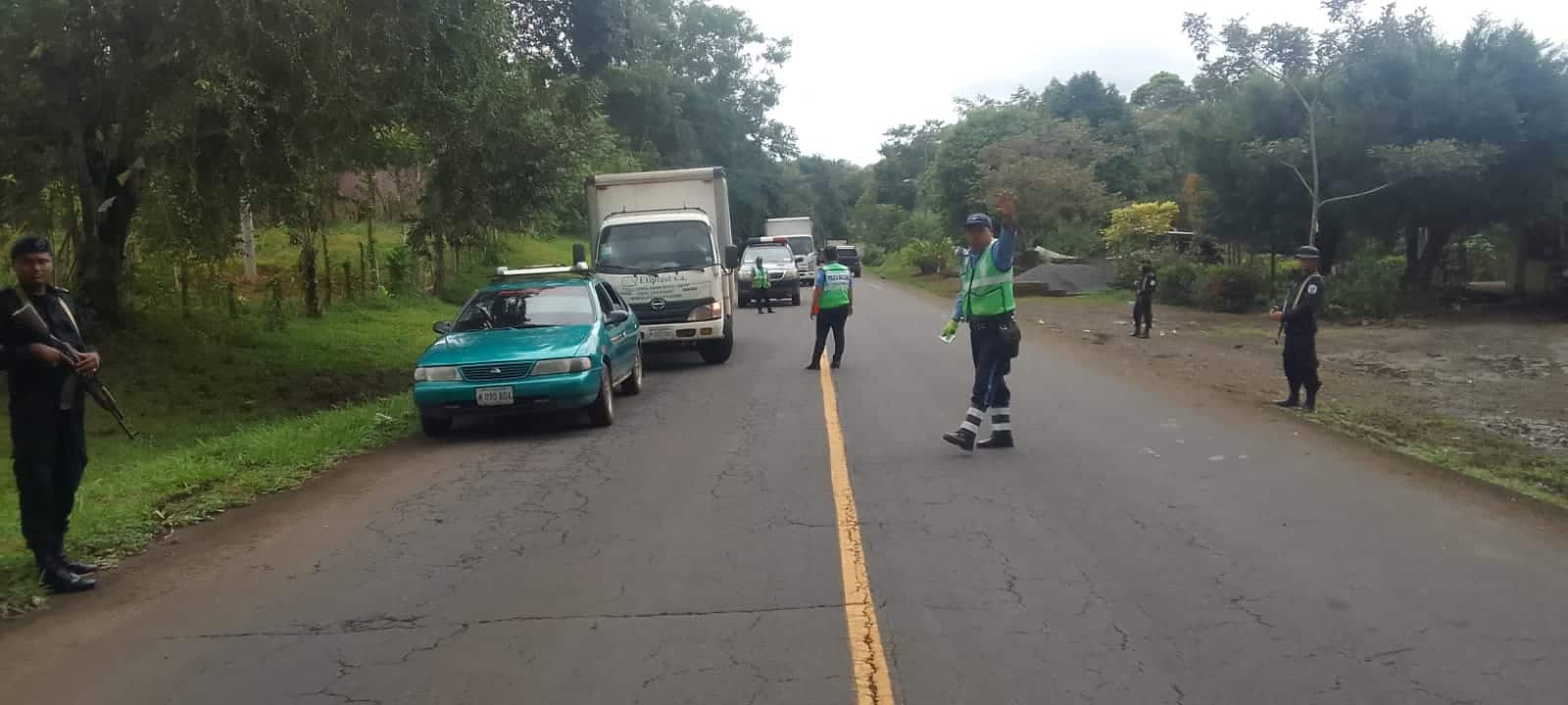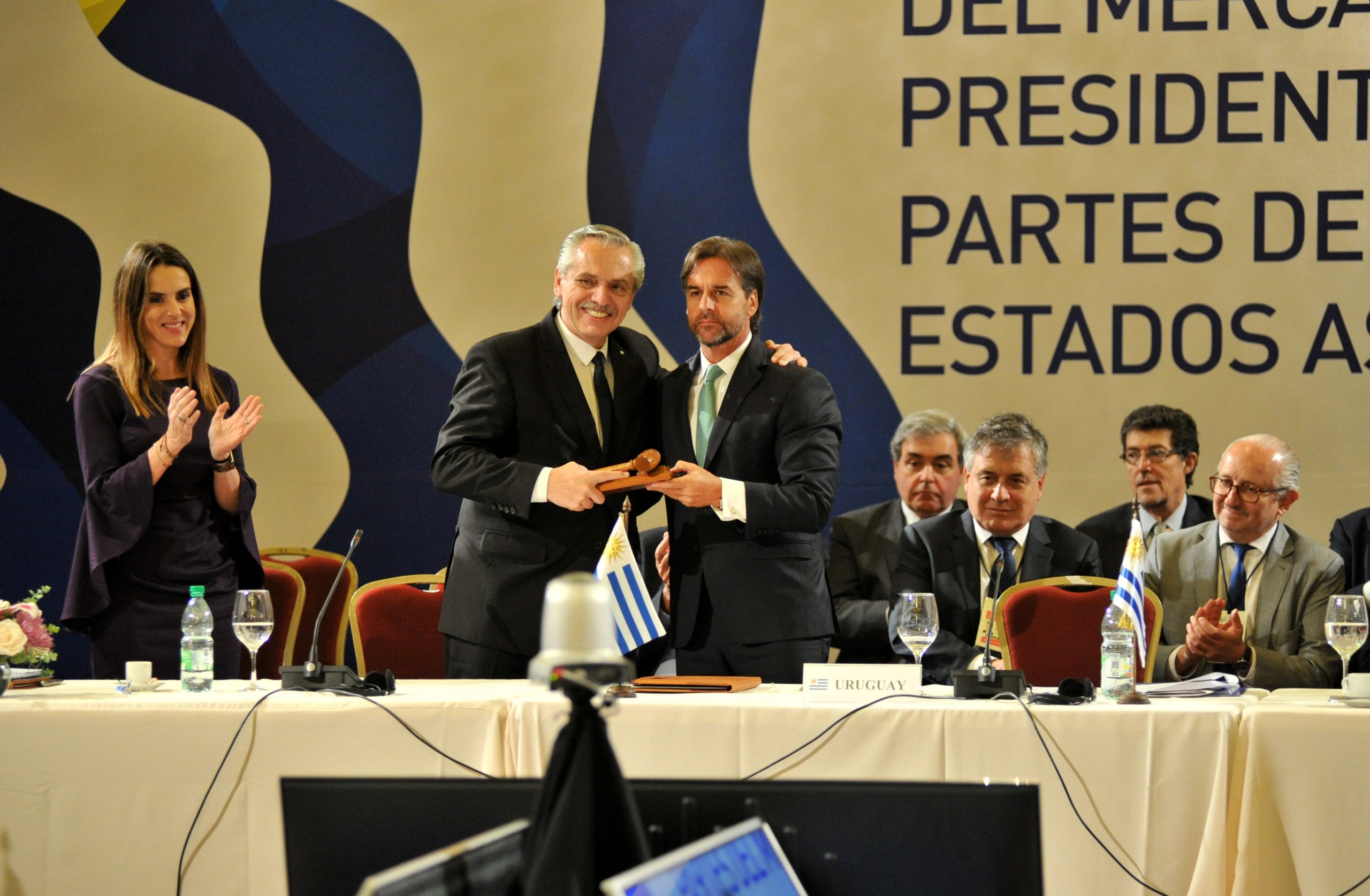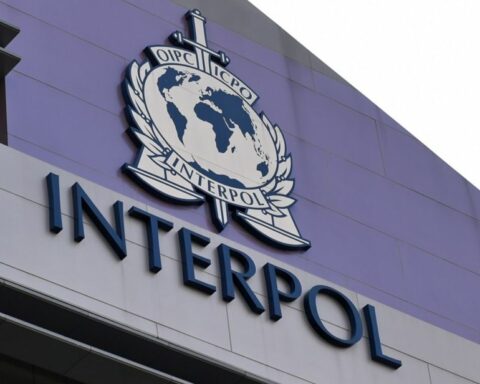Some 600 traffic officers will hold permanent 24-hour checkpoints, in 75 sections of highways in the country during this month. The police deployment is justified by the Daniel Ortega regime due to the increase in traffic accidents in recent weeks and the Christmas and New Year celebrations.
“There is a topic that we want to report and highlight: 940 accidents occurred in the weekand we are working, deployed on the highways developing the Road Plan so that in this month that always generates more mishaps like these (…) the number of accidents is less,” said state spokesperson and vice president Rosario Murillo on Monday.
Newspaper reports revealed that the National Police must add some 44 million córdobas in fines to reach the goal of 254.14 million projected for 2022.
According to the budget execution report from January to September, they had collected 210 million córdobas in traffic fines, which represents 82.7% of the total goal. Therefore, the remainder would be collected in the last quarter of 2022.
They apply more than 2200 fines in the last week
In the last week, the Directorate of National Traffic Safety applied 2,260 fines to drivers who committed infractions such as speeding, lane encroachment, or drunk driving.
According to the weekly report published this Tuesday, there were 86 motorcycle drivers who were intoxicated. They also explain that in the 75 permanent checkpoints located nationwide in “dangerous sections”, they seized 2,186 vehicles.
“940 collisions are reported, 19 people dead and 52 injured. In relation to the previous week, the deaths decreased by two, the injured by three and the collided by 26,” they reported.
They also explain that 11 of the 19 deceased were drivers, five pedestrians and three passengers. The main causes of these deaths are speeding and drunkenness.
In the last three weeks, the number of traffic accidents has increased. According to police notes 2,692 accidents occurred between November 14 and December 4, 2022. These caused the death of 50 people and injured 137. The number of fines applied in that period is unknown because the data was not included in the weekly report.
In Nicaragua, the most expensive fines are those called “most dangerous” and these include: driving while intoxicated, the amount varies between 4,000 and 5,000 córdobas depending on the level of alcohol found in the body. Likewise, the fine for reckless driving is equivalent to 3,000 córdobas.
Checkpoints will be made in sections where more accidents occur
According to the transit plan, the permanent checkpoints will be located on 75 highway sections where 74% of the fatalities and injuries occur. Each one will be assigned four transit agents. In total there will be 600 police officers divided into two shifts to complete the 24-hour surveillance.
Drivers will be fined for carrying out bad maneuvers, but they will also “control that the vehicles carry the necessary safety accessories to guarantee the lives of both passengers and drivers, such as safety triangles, reflective tapes, cones, fire extinguishers”. According to the Traffic Law, the fine for not carrying triangles or fire extinguishers is 250 córdobas.
The permanent retainers will be distributed: 19 in Managua, ten in Matagalpa, seven in Masaya, five in León, four in Granada, four in Chinandega, three in Rivas, Estelí and Carazo, two in Zelaya Central, Triángulo Minero, Río San Juan, Nueva Segovia, Madriz and Chontales; one in the South Caribbean, North Caribbean and Boaco.
The officers who will be at the checkpoints They will have speed cameras, breathalyzers, speed bumps, cones, fluorescent lamps, reflective vests and leggings.
“They will see us on the roadthe bridges, the crossings on the road, taking care of life, also calling on drivers to responsibly take care of life, not only of those who are in the vehicle, but also of those who circulate nearby or of another vehicle”, argued the commissioner General Vilma Reyes, head of the National Transit Directorate.








